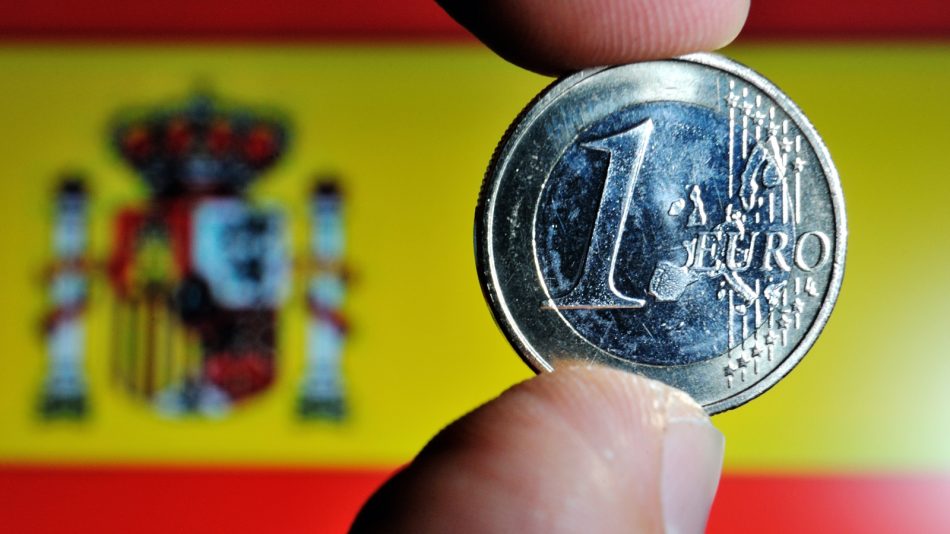In April, we shared a story about the Spanish government’s plans to introduce a basic income program—though it wasn’t clear whether it would be implemented on a country-wide scale. This week we got to know that Spain has decided to implement what it’s calling a national minimum income, ensuring that people in the nation’s 850,000 lowest-income households receive at least roughly $500 a month in income.
The plan aims to reach 2.3 million people and is expected to cost the government about €3 billion a year. People between 23 and 65 years old with “assets of less than 16,614 euros,” not including house and discounted loans, will be eligible for the basic income plan, according to Reuters, and will include incentives for finding “a formal job,” though it’s not clear exactly what those incentives are.
Though the minimum amount the government is guaranteeing is €462 a month, that amount will increase with the number of family members, up to a total of €1,105 a month. A family is defined as “vulnerable” and eligible for the plan if its monthly income is €10 or more below the minimum income. At the point, the government will give them enough cash to meet the thresholds (but won’t exceed them).
The idea of giving everyone money through a universal basic income has been gaining traction in recent years, and the coronavirus crisis added fuel to that fight. Former Democratic presidential candidate Andrew Yang renewed his call for a UBI after the United States stimulus package fell short. California’s Santa Clara County recently announced that it will give $1,000 a month to people recently transitioned out of foster care, and it hopes to expand that to people affected by the coronavirus pandemic.
With more than 40 million Americans unemployed and countless others around the globe struggling to get by, advocates have said that the pandemic highlights the need for a guaranteed income, especially as a way to fight a devastating recession.











